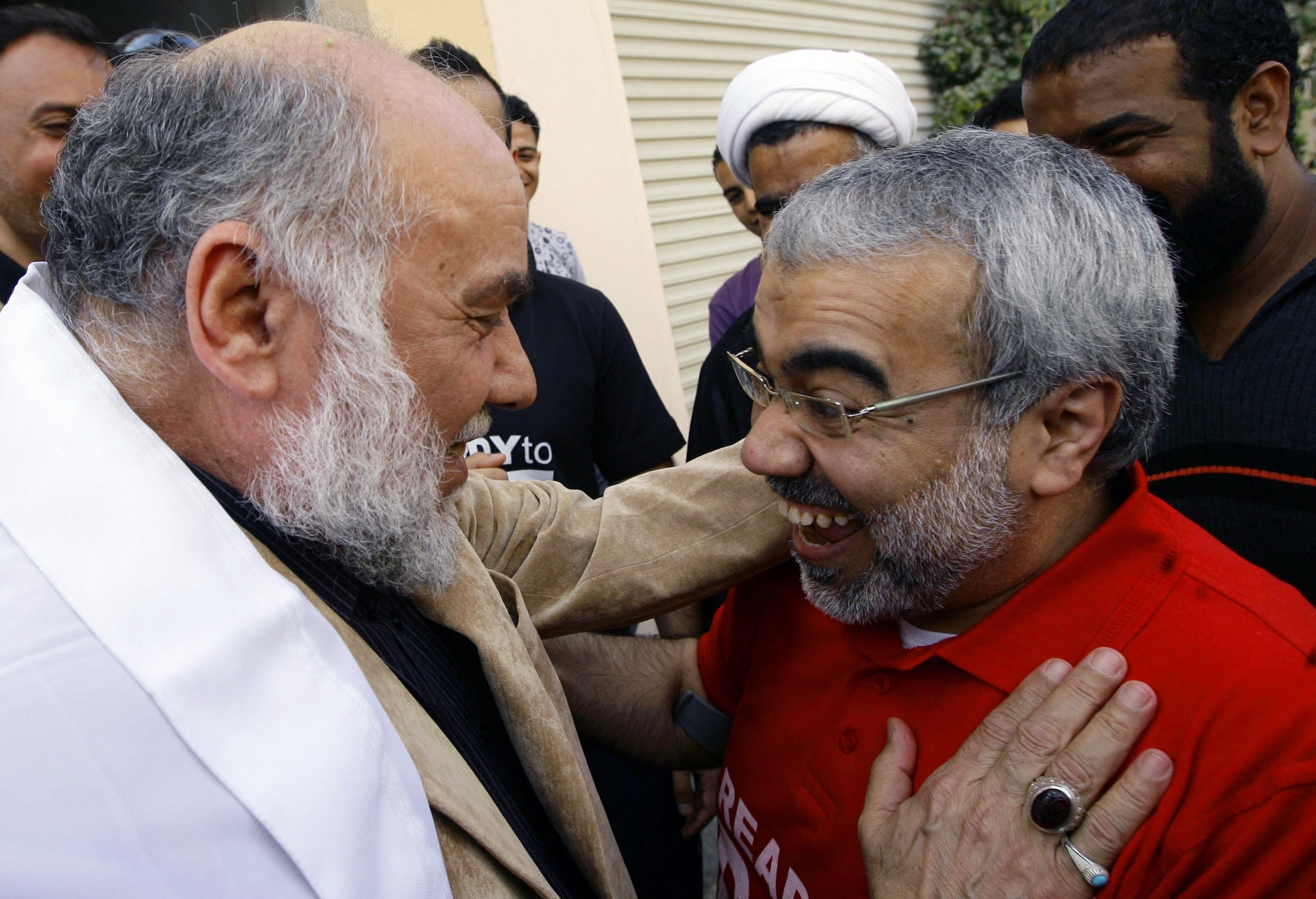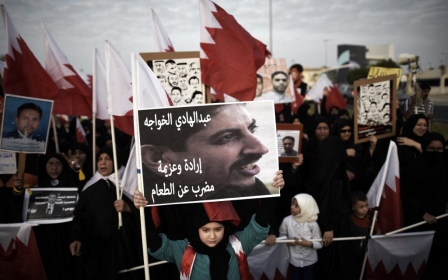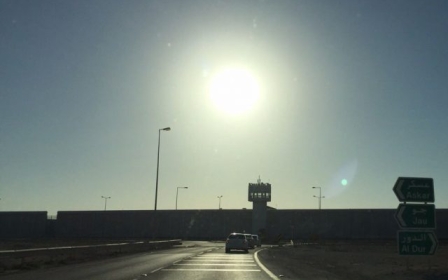Bahrain: UK lawmakers demand release of prominent prisoner on hunger strike

British lawmakers, trade unions, NGOs, academics, and lawyers are calling on the government to push Bahrain to release a key opposition figure who has been on hunger strike for months over his “ill-treatment” in prison.
In a joint letter addressed to Foreign Secretary Liz Truss, and seen by Middle East Eye on Saturday, they accused the UK of turning a blind eye to the case of Abduljalil al-Singace.
'This silence risks emboldening Bahrain in their criminalisation of peaceful dissent and torture of dissidents'
- Letter to UK Foreign Secretary, Liz Truss
“16 rights groups, 101 global academics, and numerous British parliamentarians have called on Bahrain, a close UK ally, to meet Singace’s demands and order his release.
“Yet despite calling for the release of prominent human rights defenders imprisoned by hostile states, the UK government has made no substantive statement, instead repeating false assurances from Bahrain about his case,” said the statement, which has 77 signatures and was released by the office of Liberal Democrat MP Alistair Carmichael.
Since beginning the hunger strike, Singace has lost over 20 kg and been hospitalised since 18 July, the letter said.
“This silence risks emboldening Bahrain in their criminalisation of peaceful dissent and torture of dissidents. The UK government must condemn Bahrain’s persecution of Singace, call for the return of his intellectual property, and immediate and unconditional release. This miscarriage of justice must end,” the letter read.
Singace launched his hunger strike on 8 July "in response to degrading treatment he was subjected to by a prison officer, to protest the restriction of being permitted to call only five numbers during the ongoing Covid-19 pandemic", rights groups said in a statement at the time.
The 59-year-old is also demanding a book he has been working on for at least four years be returned to him after it was confiscated by prison guards on 9 April.
Singace, an academic and blogger, has said the book was about linguistic diversity in Bahraini Arabic dialects and had no political content.
A decade ago, Singace was among 13 anti-government protesters who were arrested and convicted on charges that included "setting up terror groups to topple the regime".
He was sentenced to life imprisonment and has been in prison since.
Silence from UK and US
In July, rights groups reported that Singace was suffering from chronic illnesses and facing "sustained medical negligence”.
A Bahraini government spokesperson denied accusations of ill-treatment, saying Singace was receiving proper medical care and was "fully conscious" with "healthy and stable" internal organs, AFP reported at the time.
The spokesperson also said Singace has been repeatedly advised by doctors to end his hunger strike until a legal decision is taken regarding his work, which the government said was confiscated while being smuggled out in breach of prison rules.
Human rights activists have been calling on the UK and the US - both allies of Bahrain - to take action on Singace's case.
"Bahrain's allies in the US and UK continue to remain silent in the face of Dr al-Singace's unlawful imprisonment and the many abuses he has been subjected to. This glaring double standard exposes how shallow their professed commitment to human rights really is," Husain Abdulla, executive director at Americans for Democracy and Human Rights in Bahrain (ADHRB), said in July.
In 2011, tens of thousands of people poured onto Bahraini streets, calling for democratic reforms, an end to discrimination against the majority Shia Muslim population and, eventually, the end of the 245-year rule of the Khalifa monarchy.
Before his arrest, Singace was a key member of the Shia opposition Haq movement. Since the uprising, Bahrain has outlawed opposition parties and arrested dozens of activists, sparking international criticism.
Bahrain has claimed Iran trained and backed the demonstrators in order to topple the government - an accusation Tehran denies.
The kingdom rejects allegations of human rights violations and denies discriminating against its Shia citizens, but earlier this year, the UN high commissioner for human rights accused Bahrain of being in "violation of international law" over its treatment of prisoners, some of whom are documented to be as young as 13-years-old.
Middle East Eye propose une couverture et une analyse indépendantes et incomparables du Moyen-Orient, de l’Afrique du Nord et d’autres régions du monde. Pour en savoir plus sur la reprise de ce contenu et les frais qui s’appliquent, veuillez remplir ce formulaire [en anglais]. Pour en savoir plus sur MEE, cliquez ici [en anglais].





